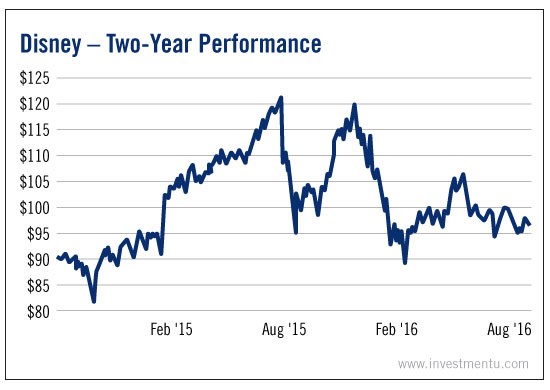The Chinese population is in transition. Despite a sluggish economy in recent years, incomes are rising. The middle class is expanding.
And entertainment spending is going through the roof.
In recent articles on this topic, we’ve written about China’s influence on tourism and fashion. Today, we’re talking about the rise of professional sports in China.
Now, when you think of China, “professional sports” is probably not the first phrase that comes to mind.
The country is home to many famous forms of martial arts. And it hosted a spectacular Summer Olympics in ’08. But typically, China isn’t known for its love of team sports.
That may soon change. And investors who pay close attention stand to profit.
Yao Ming's Legacy
Yao Ming, former star of the Houston Rockets, has been retired for five years. But his legacy lives on in Chinese pop culture.
Thanks to Ming’s influence, basketball is the most popular sport in China. The country has some 300 million fans and casual players. The NBA still gets widespread Chinese TV coverage.
In a climate of rising incomes, more and more Chinese people are getting cable and tuning in to hoops games. It could translate into a big opportunity for American sports networks. The industry leader is ESPN, a subsidiary of Walt Disney Company (NYSE:DIS).
Not surprisingly, ESPN’s Asia franchise has largely focused on basketball and soccer.

Lofty Goals for Soccer
To put it nicely, China has an underwhelming history when it comes to soccer. It made the World Cup only once, back in 2002. And it was quickly sent home after getting shut out in three consecutive games.
That really stung for Chinese President Xi Jinping, a self-professed soccer nut. He recently unveiled a nationwide plan to undo China’s past soccer humiliations.
It involves building more soccer fields... incorporating soccer into educational curricula... and directing state resources to future World Cup hosting bids.
In the process, he’s actually creating an opportunity for soccer-minded investors.
China’s past soccer woes have hampered the development of domestic soccer equipment manufacturers. That means President Xi’s campaign could lead to greater overseas sales for big-name American retailers like Nike (NYSE: NYSE:NKE) and Under Armour Inc (NYSE:UA).
China’s sports market is one of several recent developments powered by middle class growth. It may not have the “hypergrowth economy” status it once held, but China’s rising consumer class should not be underestimated.
Informed investors stand to make China-sized profits from its trends.
